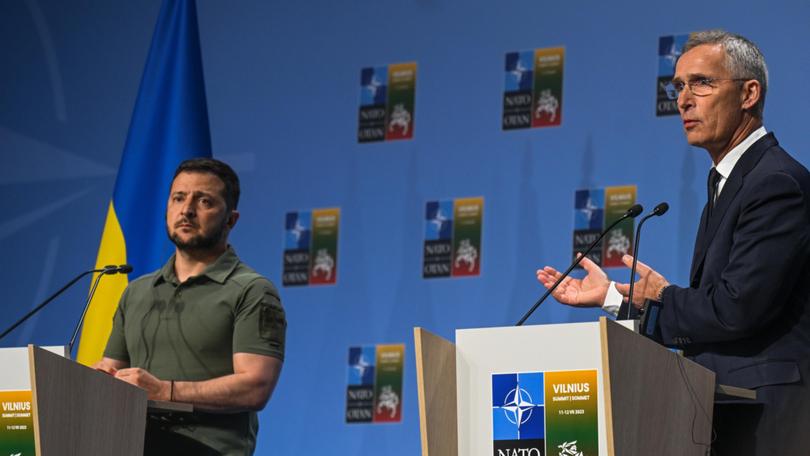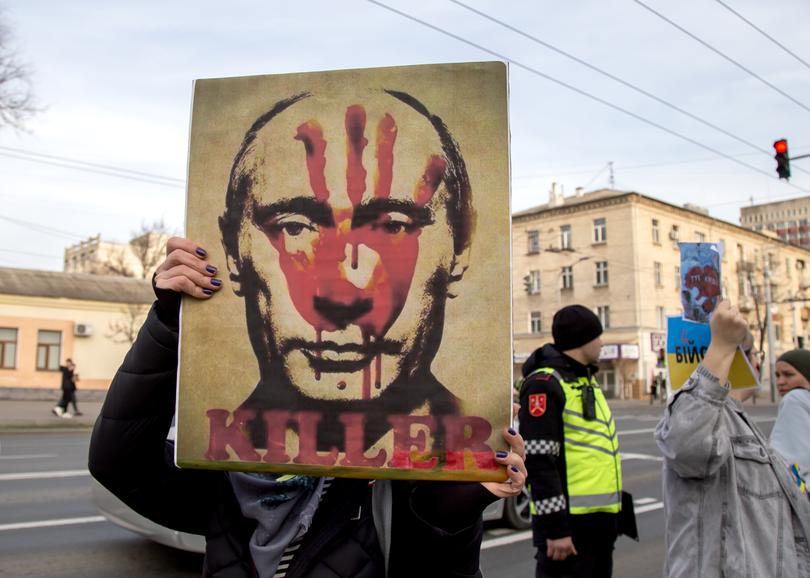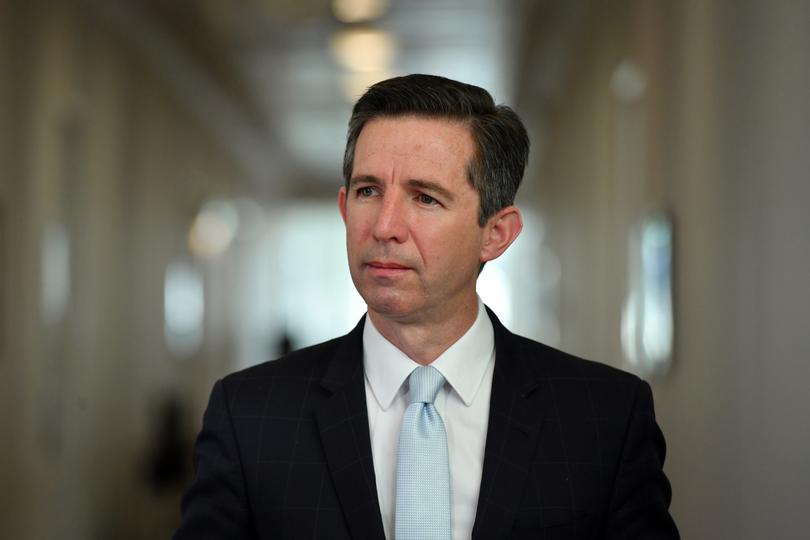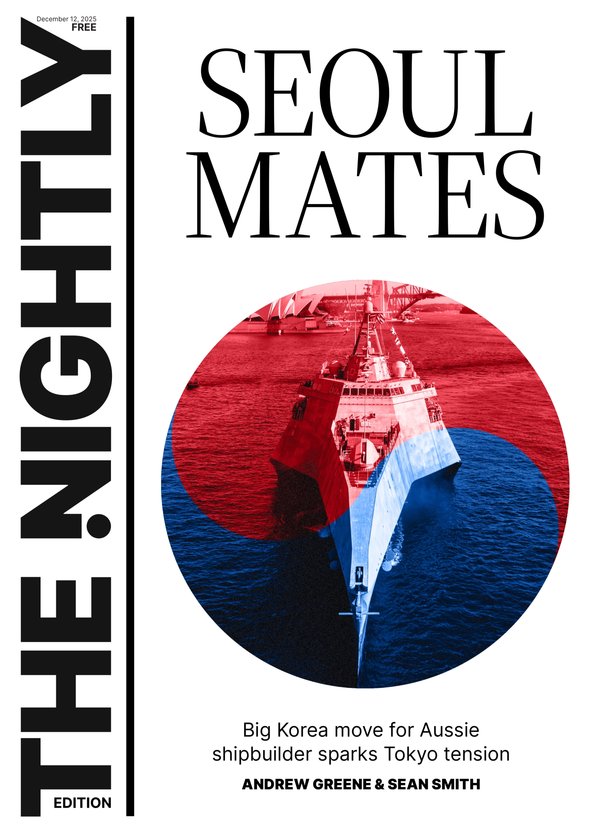SIMON BIRMINGHAM: NATO at crossroads on 75th birthday and needs to back Ukraine against Russia more than ever

NATO turns 75 this week. As it marks this milestone, the North Atlantic Treaty Organisation stands at a crossroad.
It is stronger than ever, yet facing a great test of its credibility, and entering an era when its members — and partners like Australia — will need one another more than ever.
Created in 1949 by the United States, Canada and 10 Western European nations, NATO created a collective defence pact whereby the parties agreed that “an armed attack against one or more of them in Europe or North America shall be considered an attack against them all”.
Sign up to The Nightly's newsletters.
Get the first look at the digital newspaper, curated daily stories and breaking headlines delivered to your inbox.
By continuing you agree to our Terms and Privacy Policy.Eager to avoid repeats of the world wars and anxious over the Soviet-backed spread of communism, NATO was born to create deterrence through these mutual undertakings between democratic nations coupled with ambitious investment in defence capabilities.
The signing of NATO was something of a trigger for Australia’s pursuit of the ANZUS treaty, which was signed in 1951 and came into force in 1952. Following the threats posed to Australia during World War II, and wary of US post-war investment in Japan, our leaders were concerned by a defence architecture focussed mainly on Europe.
ANZUS applies similar intent to NATO, though differs in detail, requiring each nation to “consult together whenever in the opinion of any of them the territorial integrity, political independence or security of any of the Parties is threatened in the Pacific” and to “act to meet the common danger”.
NATO’s formal collective defence pact and the ANZUS treaty obligations have each been invoked just once, after the September 11 terrorist attacks against the US, although collective measures have been taken in response to numerous crises.
The infrequency of their use can be seen as a testament to the successful security architecture they underpinned, which reduced the extent of armed conflict in the ensuing decades.
However, today’s world is plagued by the rapid militarisation of illiberal autocracies, the rise of armed conflict pursued by both state and non-state actors, and a vast array of growing threats posed by cyber attacks. Liberal democracies need to back in one another like never before.

As it turns 75, NATO needs firstly to demonstrate its resolve and credibility by backing in Ukraine. Russia’s illegal and immoral acts have driven an end to neutrality and membership of NATO by Sweden and Finland, swelling its ranks to 32 nations.
With greater strength in membership NATO should agree to step up the nature, scale and duration of commitments to help Ukraine defeat Russia, as proposed by Secretary General Jens Stoltenberg’s five-year $165 billion military aid package.
The European members of NATO should send a giant message to US sceptics of further support for Ukraine, by not only strongly backing this package but further lifting their defence investment and defence industrial capabilities.
Ukraine may not be a NATO member, but Russia’s aggression is as much about preventing it from becoming one as Iran’s sponsorship of Hamas’s October 7 attacks on Israel was about preventing their normalisation of relations with Saudi Arabia.
The architects of chaos want disorder and disharmony. Liberal democracies need to respond with unity, strength and ambition.
Weakness in Ukraine will be seen as weakness everywhere, whether across the Middle East or our own Indo-Pacific region.

With this in mind, NATO should also expect more of its partners, including Australia, where support for Ukraine has shamefully slipped and obvious opportunities missed, such as the gifting of helicopters and tanks being retired by our defence forces.
Rather than slippage in the defence budget, as we have witnessed under the last two years of Labor, Australia should demonstrate investment in capability, recruitment and industry.
Australia, in turn, should leverage increased co-operation with NATO in Ukraine to our medium and long-term interests. Working with NATO’s other Indo-Pacific partners Japan, South Korea and New Zealand, we should lock in and further enhance an ever stronger partnership.
No other forum provides Australia with the same opportunity to address global security challenges with as many like-minded liberal democracies as NATO. Australian priorities should include permanent representation at leaders level dialogue, further deepening military interoperability, structures for greater intelligence sharing and leading efforts at cyber resilience.
In some of these domains we will benefit from NATO knowledge and expertise. In others, we will benefit by influencing NATO priorities via a deeper understanding of our own regional concerns.
By 75 many an institution starts to fade, just like people. Sadly we are witnessing such ineffectiveness in too many multilateral bodies, including the United Nations.
NATO, however, cannot be allowed to fade. Its renewal should come from both within and beyond its core membership, with Australia showing ambition to be a bright light in that process.
